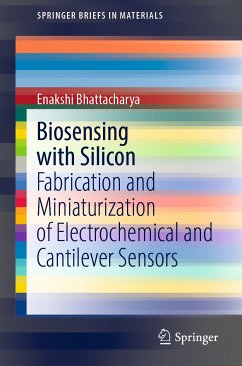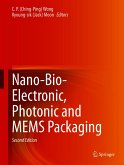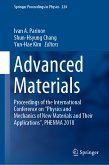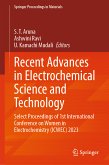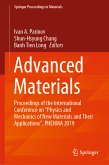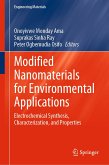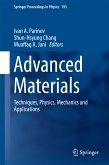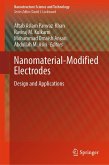This book discusses two silicon biosensors: an electrochemical sensor - the Electrolyte Insulator Silicon Capacitor (EISCAP), and a mechanical resonant cantilever sensor. The author presents the principle and the technology behind the device fabrication and miniaturization, stable and reproducible functionalization protocols for bioreceptor immobilization, and the measurement and the data analysis for extracting the best performance from these sensors.
EISCAP sensors, used for the estimation of triglycerides and urea, have been improved through the use of micromachining processes. The miniaturization brought out advantages as well as challenges which are discussed in this book, resulting in a prototype mini-EISCAP with a readout circuit for fast and accurate estimation of triglycerides. The author also reports on the sensitivity improvements in the estimation of triglycerides and urea obtained with the polycrystalline silicon cantilever and its measurements in liquid media.
The book is ideal for materials scientists and engineers working in the field of biosensors and MicroElectroMechanical systems (MEMS) and their optimizations, as well as researchers with biochemical or biomedical expertise, in order to have a fresh and updated review on the last progresses reached with EISCAPs and cantilever sensors.
Dieser Download kann aus rechtlichen Gründen nur mit Rechnungsadresse in A, B, BG, CY, CZ, D, DK, EW, E, FIN, F, GR, HR, H, IRL, I, LT, L, LR, M, NL, PL, P, R, S, SLO, SK ausgeliefert werden.

